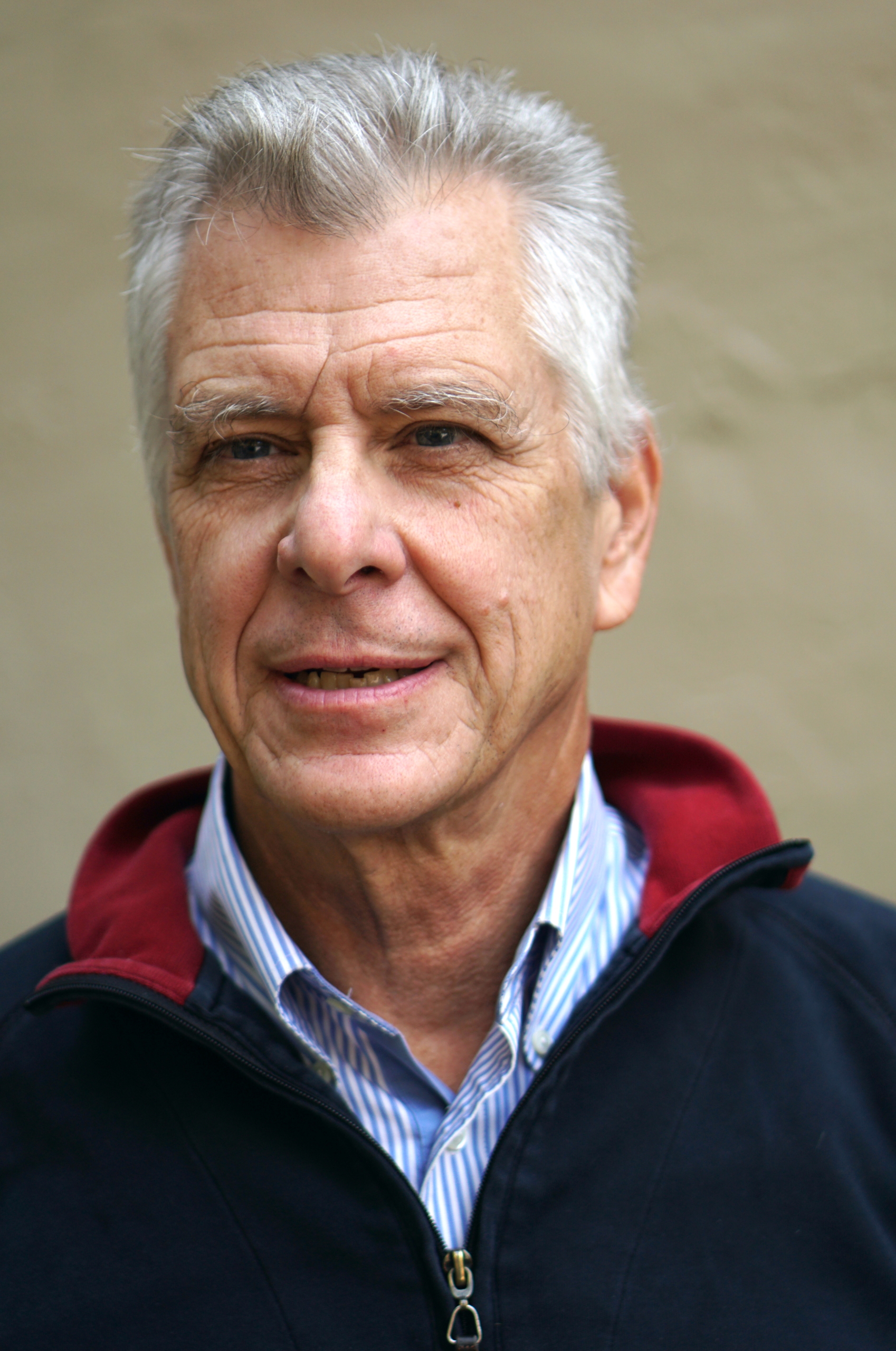Scott T. Grafton, MD, is a Distinguished Professor in the Department of Psychological and Brain Science at the University of California, Santa Barbara (UCSB), where he directs the UCSB Brain Imaging Center. He received BA degrees in mathematics and psychobiology at the University of California at Santa Cruz (1980) and an MD at the University of Southern California (USC) (1984). Dr. Grafton completed residencies in neurology at the University of Washington and nuclear medicine at the University of California, Los Angeles, where he developed expertise in functional imaging using positron emission tomography and magnetic resonance imaging. He developed brain imaging programs in the Schools of Medicine at USC, Emory University, and Dartmouth College before joining the faculty at UCSB in 2006. Dr. Grafton oversees an interdisciplinary research team working at the interface of learning theory, the organization of skilled action, network science, and movement disorders using multimodal brain imaging.
Co-PI (Core Leadership)
Scott Grafton, MD
University of California, Santa Barbara
Scott T. Grafton, MD, is a Distinguished Professor in the Department of Psychological and Brain Science at the University of California, Santa Barbara (UCSB), where he directs the UCSB Brain Imaging Center. He received BA degrees in mathematics and psychobiology at the University of California at Santa Cruz (1980) and an MD at the University of Southern California (USC) (1984). Dr. Grafton completed residencies in neurology at the University of Washington and nuclear medicine at the University of California, Los Angeles, where he developed expertise in functional imaging using positron emission tomography and magnetic resonance imaging. He developed brain imaging programs in the Schools of Medicine at USC, Emory University, and Dartmouth College before joining the faculty at UCSB in 2006. Dr. Grafton oversees an interdisciplinary research team working at the interface of learning theory, the organization of skilled action, network science, and movement disorders using multimodal brain imaging.


